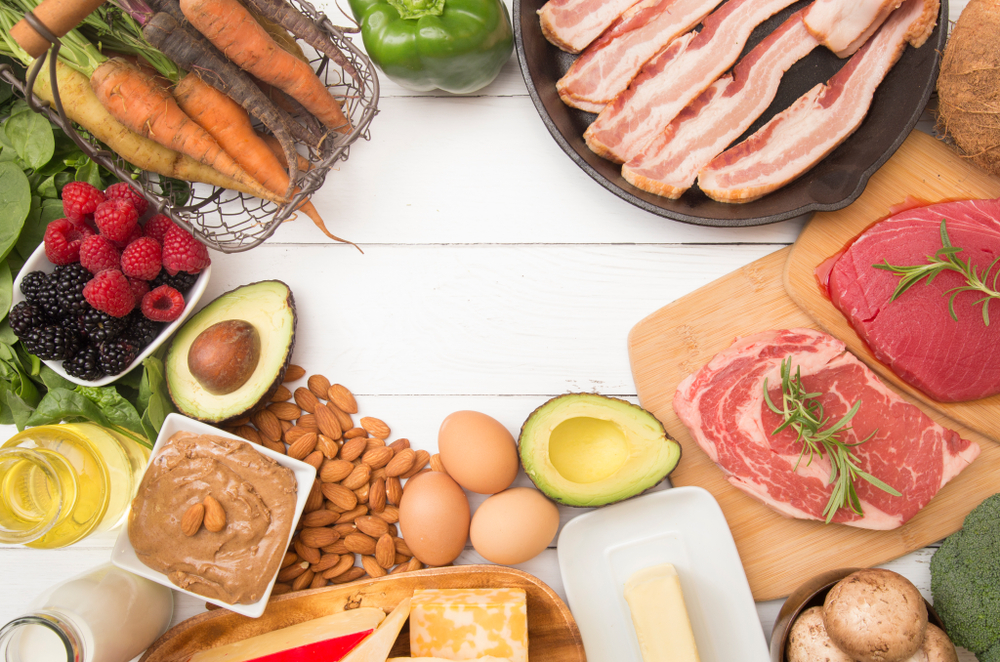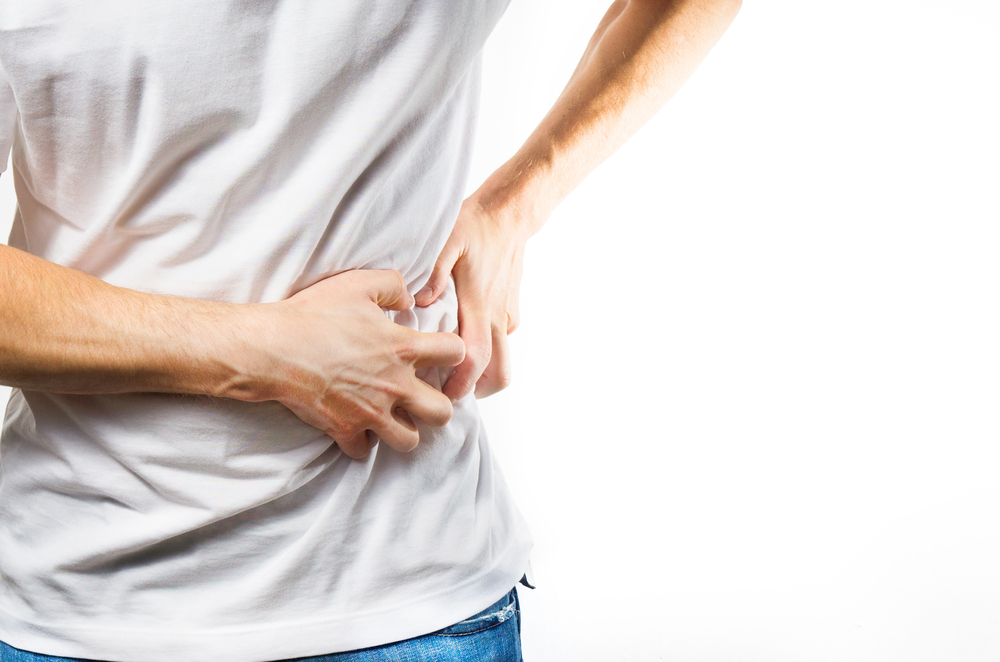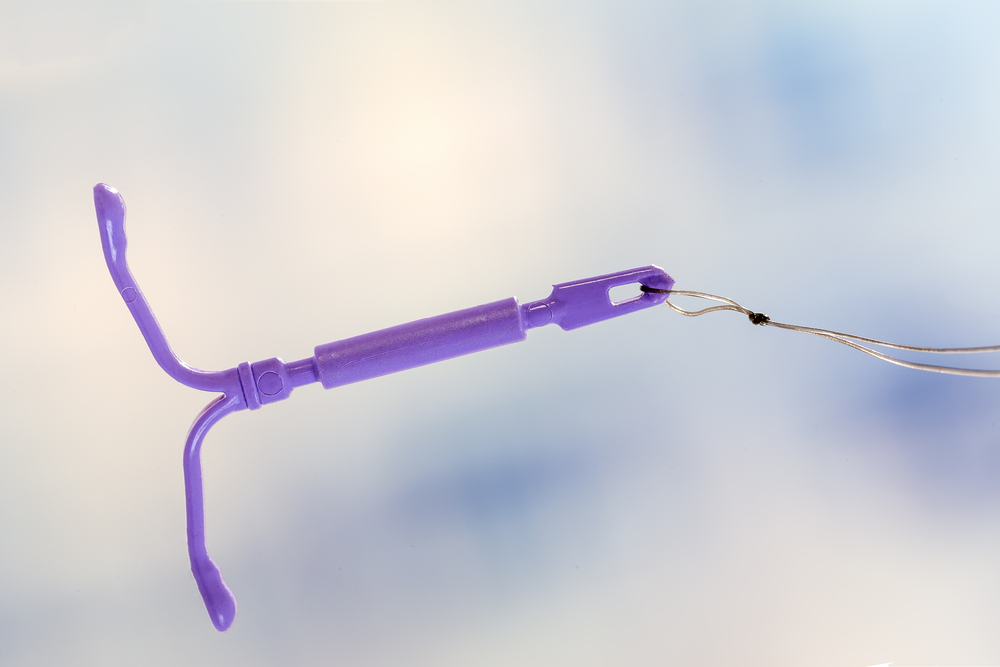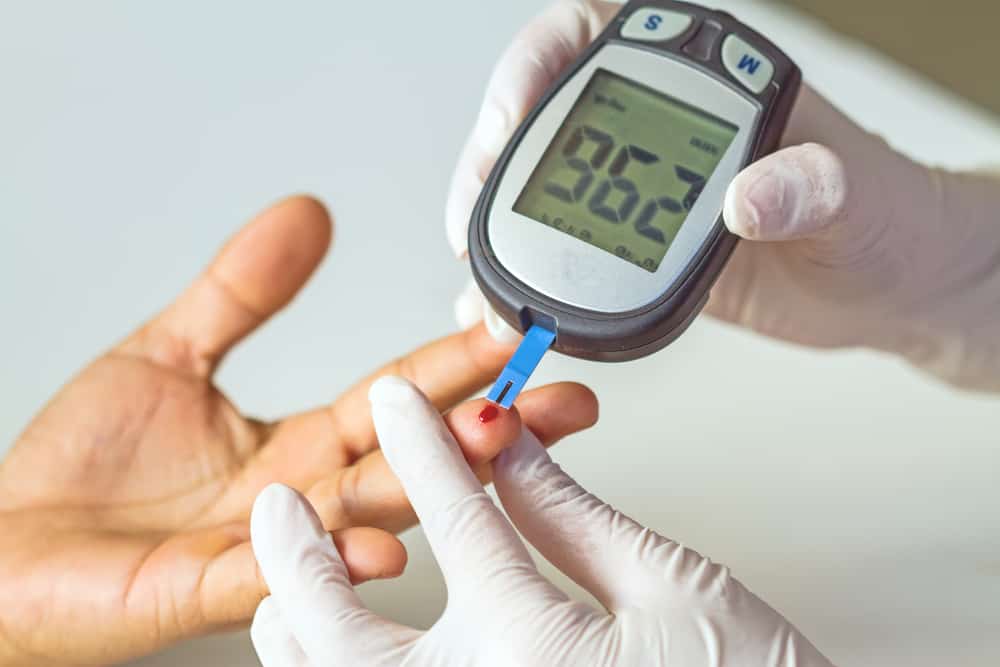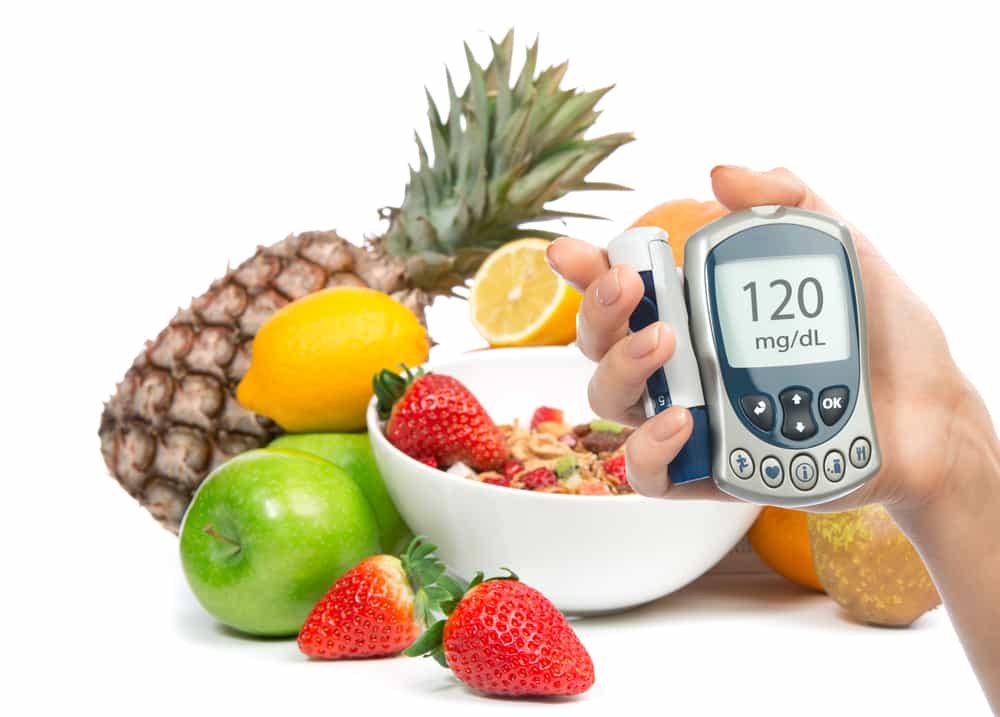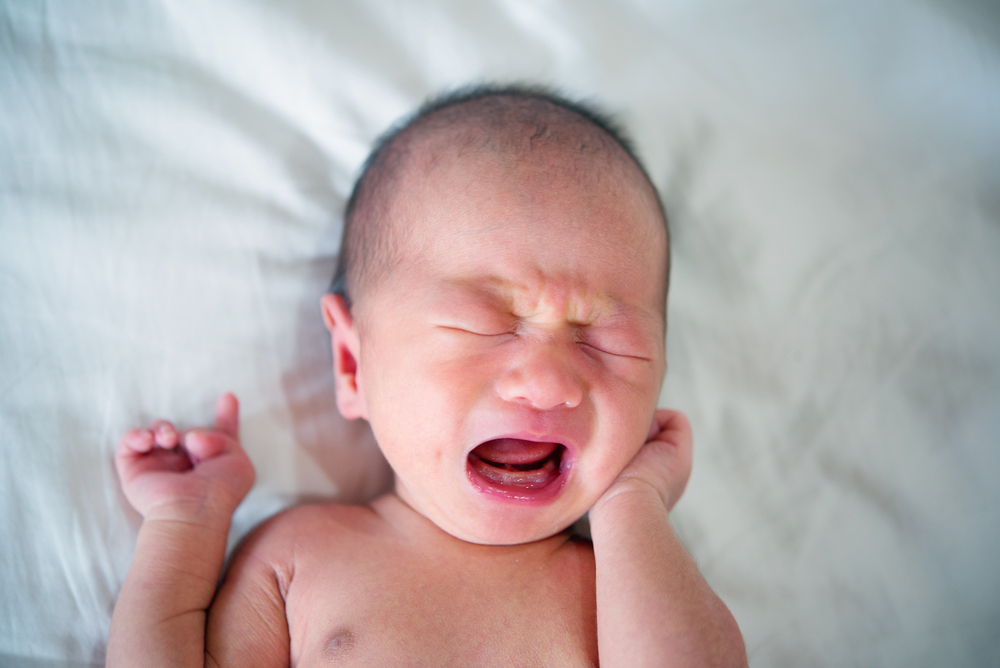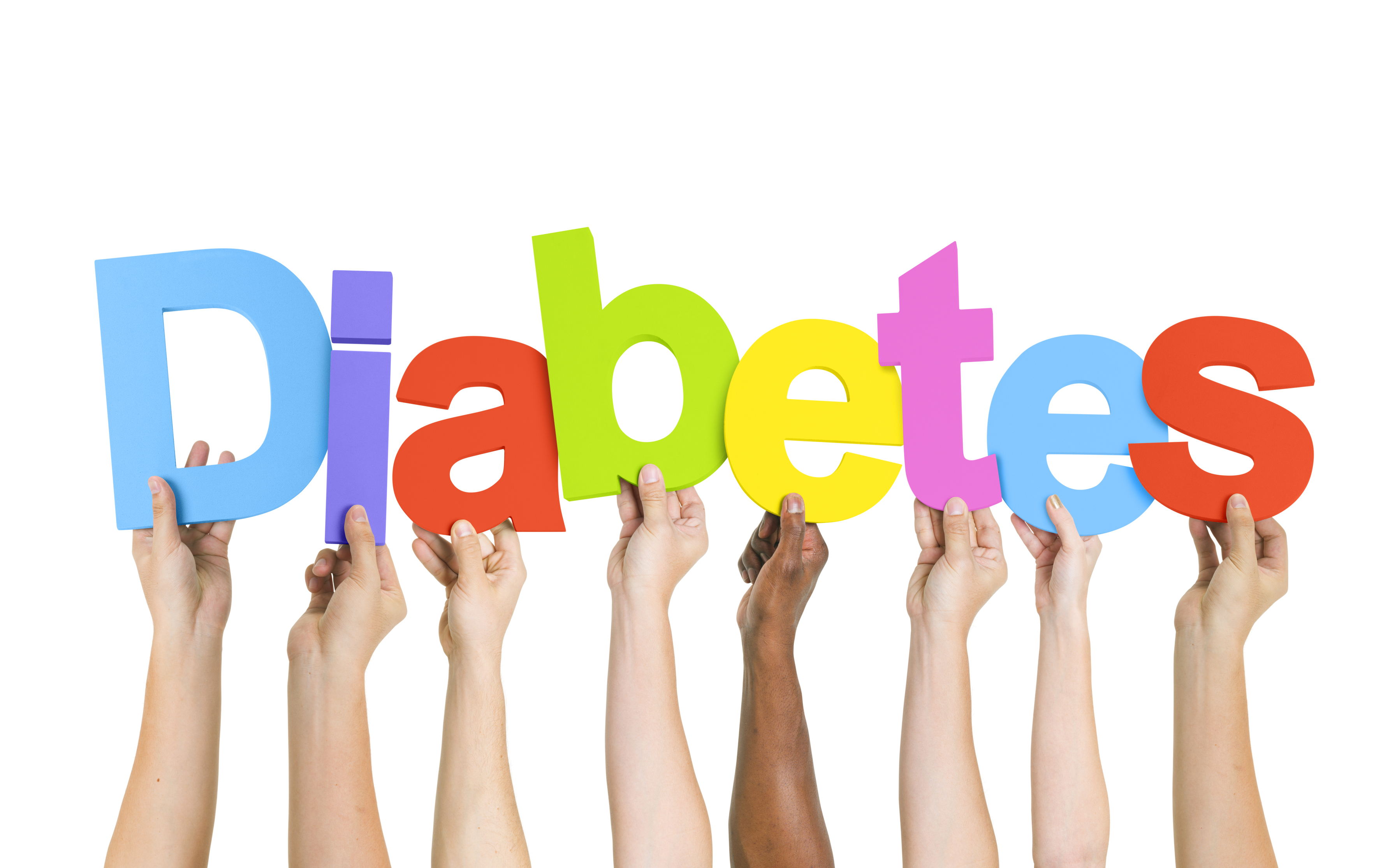Contents:
- Medical Video: Dr. Stephen Phinney on Problem Solving a Ketogenic Diet (Part 3)
- Benefits of the keto diet for diabetics
- Common mistakes that occur when making a keto diet
- 1. Not enough to drink water
- 2. Don't consume enough fat
- 3. Ignore sleep time
- 4. Limiting salt intake is too tight
- 5. Eating too much fat
Medical Video: Dr. Stephen Phinney on Problem Solving a Ketogenic Diet (Part 3)
The ketogenic diet or better known as the keto diet is a diet that makes you limit carbohydrate intake. Because of the limited amount of carbohydrates, this diet can reduce the weight of people who do it quickly. The keto diet can also reduce blood sugar levels.
For those who run this diet, substitutes for carbohydrates are foods that are high in protein and fat. Because of its ability to reduce weight and blood sugar levels due to minimal consumption of carbohydrates, this diet is said to be used by diabetics.
Benefits of the keto diet for diabetics
Keto diets are considered capable of helping diabetics control blood sugar because of their low carbohydrate, especially if they also have obesity. By undergoing a ketogenic diet, a person is only limited to consuming carbohydrates no more than 30 grams per day. The rest, they are advised to consume protein. Diabetics are recommended to reduce carbohydrates, but that does not mean eliminating completely from the composition of daily food.
Running a keto diet for diabetics may be risky if it is not done under the supervision of a nutritionist. Because, a diabetics still need carbohydrates as a source of energy. At the very least, they need around 130 grams per day and are recommended to come from complex carbohydrates.
Common mistakes that occur when making a keto diet
1. Not enough to drink water
Water is very important to keep the fluids in our body maintained. Lack of fluid will lead to new problems, such as kidney disease. If in normal circumstances the presence of water is very necessary for the body, when undergoing the keto diet this becomes something that should be given extra attention.
When undergoing a keto diet, which limits carbohydrate consumption, many adjustments will occur to the body. One of them is decreased blood sugar and insulin levels. When insulin levels decrease, the kidneys release excess stored fluids. This is what will then cause dehydration.
At the beginning of the keto diet, most people will feel dizzy and have a headache due to the imbalance of electrolytes in the body. For that, you should consume around 3.5 liters to maintain fluid intake in your body.
2. Don't consume enough fat
In the metabolic process, our bodies are used to burning carbohydrates that have changed shape to glucose and then broken down into energy. However, in the keto diet, our bodies are instructed to no longer break down glucose, because the amount of intake is very limited, and encourages the body to burn fat.
Unfortunately, many people who undergo this keto diet have an incorrect understanding. Most of them forget to replace lost carbohydrates with fat. One reason is the concern in consuming fat. In fact, the consumption of fat from natural ingredients, such as milk, yogurt, fish, meat, beans, and vegetable fats such as avocados and olive oil is a type of healthy fat that will not adversely affect health.
3. Ignore sleep time
Not only for those on a diet, this is actually done by almost everyone, especially those who live in big cities with a myriad of time-consuming work and congestion demands. Many consider trivial sleep problems because the effects are not immediately felt. In fact, this will greatly affect the success of the diet program that you live.
Some people who undergo a keto diet plan are willing to be able to maintain blood sugar levels in the body and lose weight as a bonus. In fact, lack of sleep will affect sugar levels in you.
If you ignore sleep habits, it is just like you practice swimming to manage asthma that you have but smoke when exiting the pool. You take health steps, but "balance them" (even make them worse) with your bad habits that affect your health.
4. Limiting salt intake is too tight
Consumption of excessive amounts of salt will affect your blood pressure. However, lack of sodium obtained from salt will also have an adverse effect on the body, such as cardiovascular disease. That is, the consumption of salt that enters the body must be right.
In the early days of undergoing a keto diet, the body will lose considerable amounts of sodium through the fluids released by the body. That is why, the body needs a sodium substitute to keep the electrolyte levels in balance.
Phinney and Volek, one of the researchers who are active on low-calorie diets recommend 3-5 grams of the amount of sodium that must be consumed every day. To maintain salt intake in the body, you can eat foods that contain salt, such as soup or broth and fermented vegetables
5. Eating too much fat
The principle of the keto diet is to reduce carbohydrates and replace them with fat and protein. This sometimes makes people mistaken by consuming as much fat as possible. Although fat acts as a substitute for carbohydrates, keep in mind that not all fats are good. Even if fat is good, it doesn't mean that consuming it excessively will bring you better health.

